Question And Answer
Publications
Articles, publications, books, tools and multimedia features from the U.S. Institute of Peace provide the latest news, analysis, research findings, practitioner guides and reports, all related to the conflict zones and issues that are at the center of the Institute’s work to prevent and reduce violent conflict.

Traumatic Decarbonization in Fragile States
The process of decarbonization—that is, the replacement of fossil fuels with non-hydrocarbon-based forms of energy—is essential for meeting the climate goals articulated by international agreements. But in fragile, oil-dependent nations, where hydrocarbon revenues are often a key means of political control, decarbonization can spell the difference between peace and conflict. This report examines the consequences of the sudden loss of oil revenues for fragile, conflict-affected states and provides recommendations for policymakers on how to manage future decarbonization peacefully.

Transnational Crime in Southeast Asia: A Growing Threat to Global Peace and Security
Organized crime is a significant driver of conflict globally. It preys on weak governance, slack law enforcement, and inadequate regulation. It tears at the fabric of societies by empowering and enriching armed actors and fueling violent conflict. In Asia, criminal groups prop up corrupt and dangerous regimes from Myanmar to North Korea, posing a direct threat to regional stability.

Despite Daunting Economic Headwinds, Afghan Private Sector Shows Signs of Life
Three years after the Taliban took control of Afghanistan, the country’s economy remains in a dismal state marked by depression-level price deflation, high unemployment and a collapse of GDP. Still, while the bad news for Afghans is well known, less visible are some green shoots in the country’s private sector that, if properly encouraged, could mitigate the situation. These range from small business activity to Taliban plans for major projects to the potential for an uptick in investment. Clearly nothing in those developments can stimulate a strong economic revival.
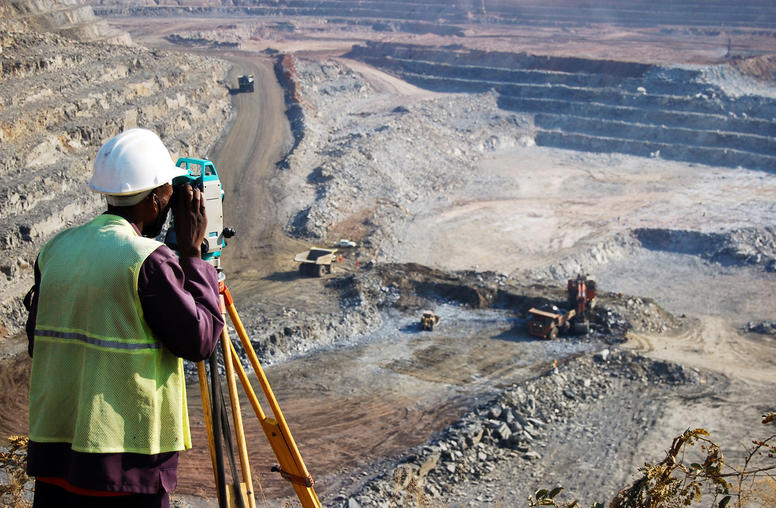
Critical Minerals in Africa: Strengthening Security, Supporting Development, and Reducing Conflict amid Geopolitical Competition
The United States Institute of Peace convened a senior study group to explore the role Africa plays in the United States’ efforts to diversify US critical mineral supply chains and how new investment in partnerships with African countries could help drive economic development and strengthen peace and security on the African continent. Based on meetings and interviews with relevant technical, operational, and policy experts, the study group developed multiple recommendations for the United States to support mutually beneficial public and private partnerships with African nations.
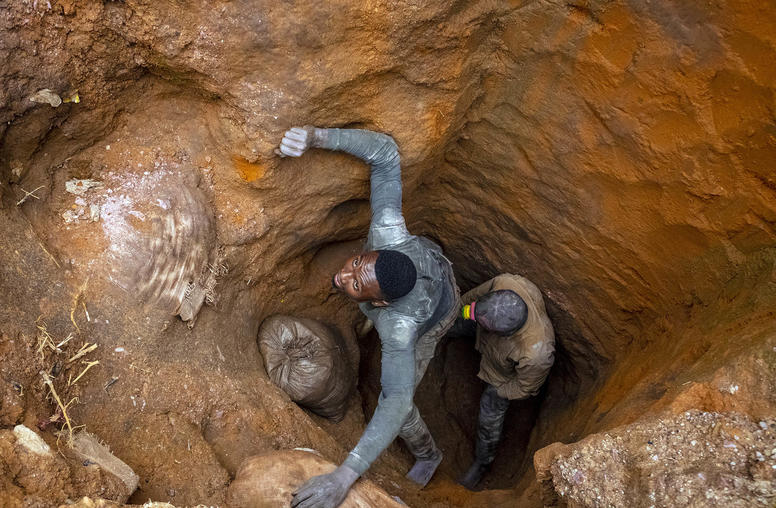
Why Africa’s Critical Minerals Are Key to U.S. National Security
A new USIP report emphasizes the importance of the United States government being engaged in the African critical minerals sector if it is to diminish its dependence on China and fortify its national security and foreign policy interests.
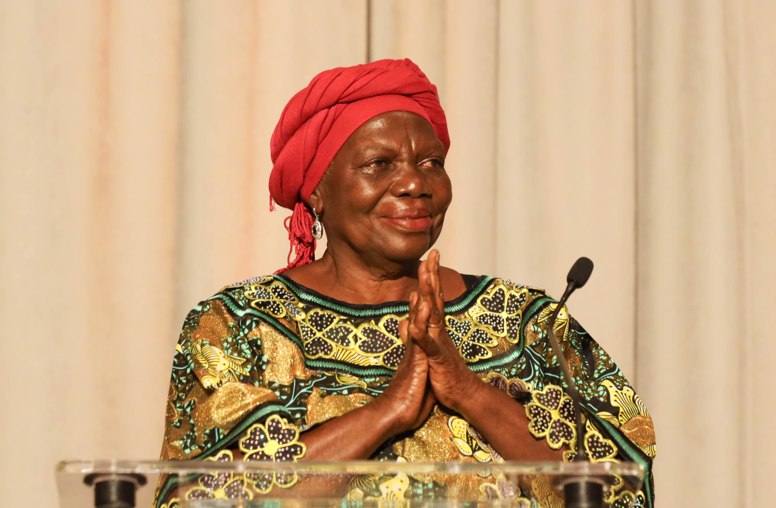
In Congo, Peace Means a Halt to ‘Brutal, Illegal Mining’
Pétronille Vaweka, a Congolese grandmother, has mediated local peace accords in her homeland’s wars. But now, she says, one of Africa’s longest, bloodiest conflicts can be solved only if the United States and other democracies “will wake up” to protect their own economic and security interests.
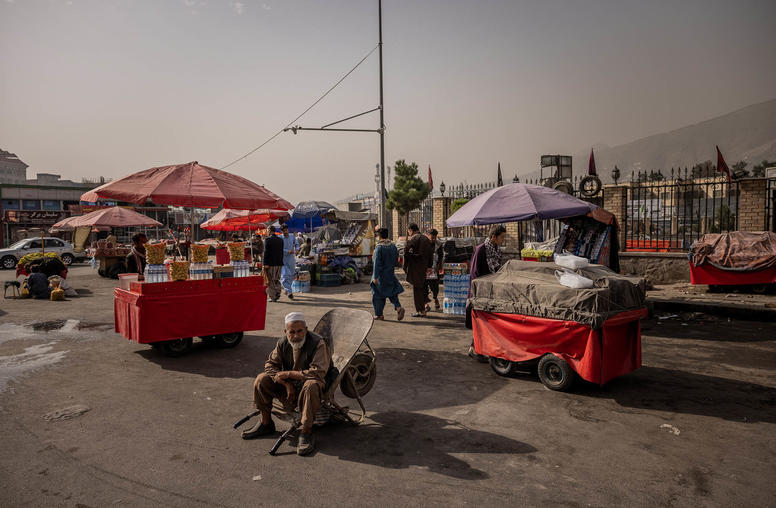
Afghanistan’s Economy Once Again Nears the Precipice
More than two years into Taliban rule, Afghanistan remains one of the poorest countries in the world with some of the highest humanitarian needs. The situation has shown some signs of stabilizing over the last year — but many Afghan households are still struggling to procure basic needs, and many women have been driven from the workforce altogether. Unfortunately, financial troubles loom ahead, and the already beleaguered Afghan economy is now projected to decline. Combined with population growth and the influx of thousands of Afghans forced to return from neighboring Pakistan, this is a recipe for increased humanitarian need over the longer term in the absence of major structural and political reforms.
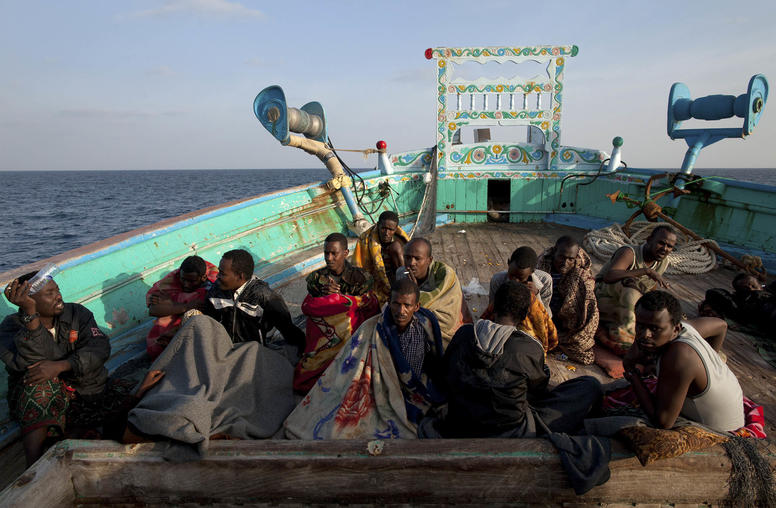
In a Multipolar World, the Private Sector Can Be a Force for Peace
As the world transitions to a more multipolar, competitive landscape, this is an important moment to take stock of the role of the private sector, particularly multinational enterprises, in the genesis and resolution of armed conflict. Today, the world’s biggest corporations are wealthier than many nations and the private sector is playing an increasingly important role in geopolitics. At the same time, we are seeing a rise in violence and conflict that threatens to pose major risks to business around the world.
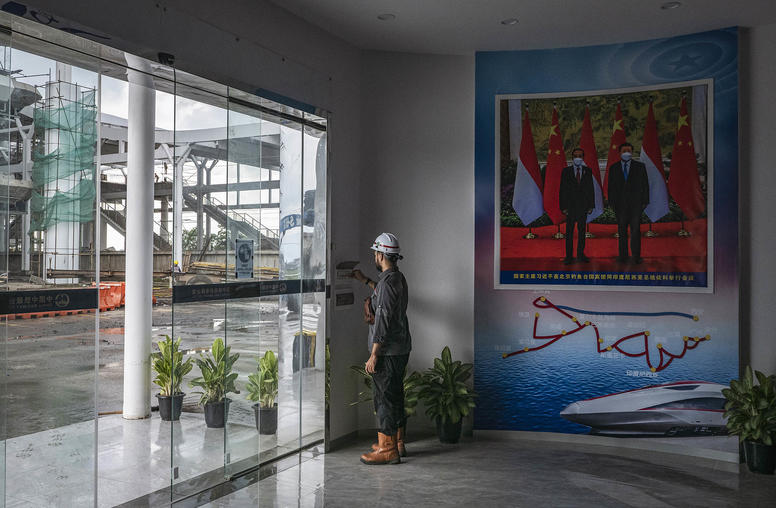
Why China is Rebooting the Belt and Road Initiative
World leaders gathered in China last week for the third forum on the Belt and Road Initiative (BRI), Xi Jinping’s massive, trillion-dollar physical and digital connectivity project. As the BRI turns 10 this year, Beijing is looking to reboot Xi’s signature foreign policy program amid criticism of the debt load it often burdens partner countries with and other environmental and human concerns. In light of these criticisms, China emphasized last week that the future of the BRI is “smaller” and “greener” projects.
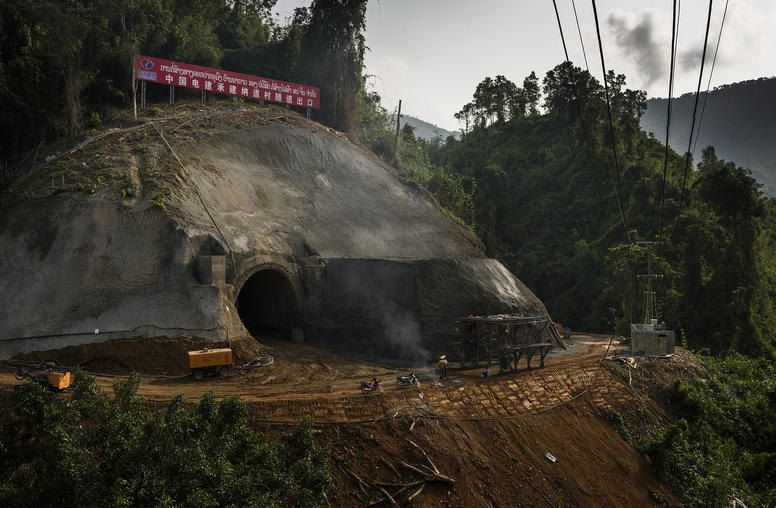
How Laos and Other ASEAN Countries Can Leverage U.S.-China Competition
Recent years have witnessed intensifying U.S.-China competition and tensions in both the political and economic spheres, particularly in areas related to technology, global supply chains, infrastructure connectivity, trade and finance. Southeast Asia has become the center of this strategic rivalry. In the region, the Association of Southeast Asia Nations (ASEAN) has positioned itself as the “central” actor in shaping the regional order and positively engaging with external powers. However, ASEAN’s centrality is increasingly challenged by these two major powers, who have deep and complex ties with Southeast Asia. While this competition poses challenges for ASEAN, there are also opportunities for countries like Laos and others in Southeast Asia to leverage in this tense geopolitical moment.